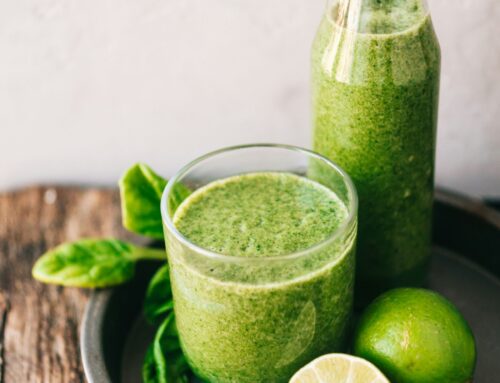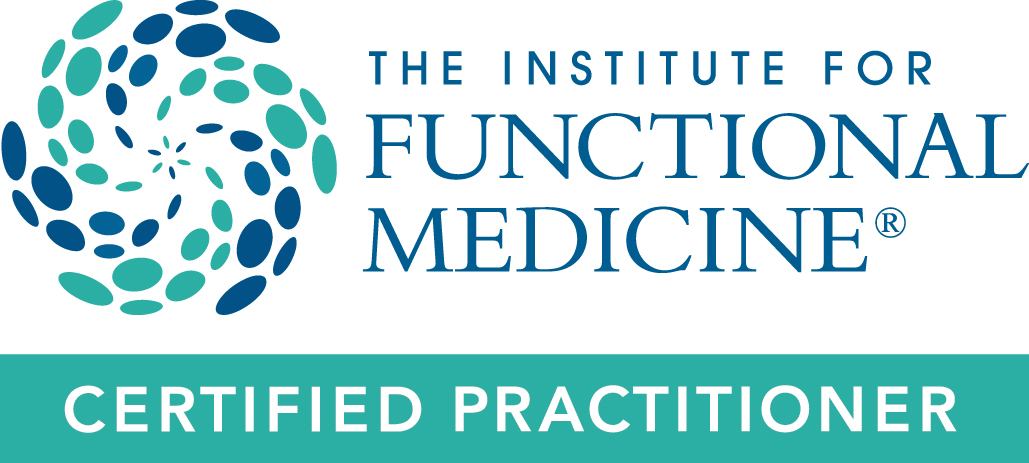Chronic Inflammation & Why We Should Be Concerned
Inflammation is a normal and necessary part of our body’s defense mechanism. Inflammation allows our immune system to eliminate harmful organisms and heal injuries.
However, when that inflammation is persistent and becomes chronic, it leads to tissue injury, and that’s when we start to have long-term consequences.
Chronic inflammation is a contributing factor in the development and progression of a variety of chronic diseases, such as:
- Cardiovascular disease. Chronic inflammation contributes to the development of plaques in the arteries, known as atherosclerosis, and the degree of inflammation in the body, as measured by hsCRP, is a better predictor for cardiovascular events than LDL cholesterol level.
- Autoimmune disorders. Diseases like rheumatoid arthritis and lupus occur when your immune system erroneously attacks normal body tissues. Chronic inflammation promotes immune system dysregulation.
- Cancer. Chronic inflammation causing tissue damage can lead to cancerous cell development. Our immune system typically eliminates these abnormal cells. However, our immune system is suppressed in
chronic inflammation, and these abnormal cells are left to grow. - Neurodegenerative diseases. Inflammation in the brain can contribute to neuron damage which can lead to Alzheimer’s disease and Parkinson’s disease.

Where does chronic inflammation come from?
Chronic inflammation can come from hidden sources that may go unnoticed. Some potential hidden sources of chronic inflammation include:
- Poor diet. Diets high in processed food, sugar, and unhealthy fats and low in vegetables, fruits, and whole grains can promote inflammation. In addition, they can lead to weight gain and insulin resistance, which can further promote inflammation.
- Chronic stress. This is a huge one! Perceived stress can lead to high cortisol and sympathetic nervous system activation, which creates inflammation. In turn, that stress and those effects may cause you to overeat or use alcohol as coping strategies, which worsens your inflammation.
- Poor sleep. Not getting 7–8 hours of good restful sleep can disrupt your immune system and hormones and create inflammation. We all know that when we are sleep deprived, we crave junk food and don’t exercise as much, making things much worse.
- Food intolerances and sensitivities. Certain foods in specific individuals can trigger inflammation. The most common culprits are gluten and dairy. However, what triggers inflammation in one person can be different from what triggers inflammation in another.
- Chronic infections. Chronic infections, such as gum disease, sinusitis, and hepatitis C, can create persistent inflammation as your body tries to resolve these infections.
- Environmental toxins. In this modern age, toxins are everywhere — in the air we breathe, the food we eat, the water we drink, and the cleaning and beauty products we use daily. I have tested both my children; even at age 5, they already have toxins. Some toxins have verifiable evidence of bodily harm, including things such as BPA. However, the scary thing is that we have yet to determine most chemicals and toxins; long-term impacts on our bodies.
- Gut health. An unhealthy gut with an imbalanced microbiome, as I discussed in my last blog, can be a source of hidden inflammation without symptoms.
So… what can we do about it?
A lot! Modifying our lifestyle can promote healthy living and decrease our inflammation.
- Diet. Eat lots of plants! I tell my patients they don't have to give up everything they like to eat all at once. Start simple — make half your plate vegetables (cooked, raw, fermented) at every meal, and eat
those first. - Stress. Find ways to lower your stress. See my previous blogs or stress webinar for more tips!
- Sleep. Prioritize sleep and aim for 7–8 hours of good quality sleep. See my previous blog and sleep webinar if you suffer from sleep problems.
- Limit toxin exposure. Filtering water, avoiding processed foods, and eating organic can help limit our exposure. Check out EWG.org for more information.
- Address chronic infections and food intolerances. This may be more difficult to sort out on your own, and working with a provider may help tackle these areas.
References:
Furman D, Campisi J, Verdin E, Carrera-Bastos P, Targ S, Franceschi C, Ferrucci L, Gilroy DW, Fasano A,
Miller GW, Miller AH, Mantovani A, Weyand CM, Barzilai N, Goronzy JJ, Rando TA, Effros RB, Lucia A,
Kleinstreuer N, Slavich GM. Chronic inflammation in the etiology of disease across the life span. Nat
Med. 2019 Dec;25(12):1822–1832. doi: 10.1038/s41591–019–0675–0. Epub 2019 Dec 5. PMID: 31806905;
PMCID: PMC7147972.
Ridker PM et al. Comparison of C-reactive protein and low-density lipoprotein cholesterol levels in the
prediction of first cardiovascular events. N Engl J Med. 2002; 347: 1557–156
Federico A, Morgillo F, Tuccillo C, Ciardiello F, Loguercio C. Chronic inflammation and oxidative stress in
human carcinogenesis. Int J Cancer. 2007 Dec 1;121(11):2381–6. doi: 10.1002/ijc.23192. PMID:
17893868.
For more useful information on functional holistic health, you can visit our FREE video library here.
About the Author:
Dr. Eri Shimizu is a board certified in Internal Medicine Doctor and soon will be certified through the Institutes of Functional Medicine. She earned a Bachelor of Science in Environmental Bioengineering from the University of Hawaii at Manoa and graduated summa cum laude from Creighton University Medical School. She completed her Internal Medicine residency at UCLA and worked at a Los Angeles county hospital. In 2012, she returned to Hawaii and served as a Hospitalist at Maui Memorial Medical Center. Maui is now home with her husband, two children, and a fighting fish named Rainbow.
Schedule a FREE Functional Medicine Health Consult with Dr. Eri.








